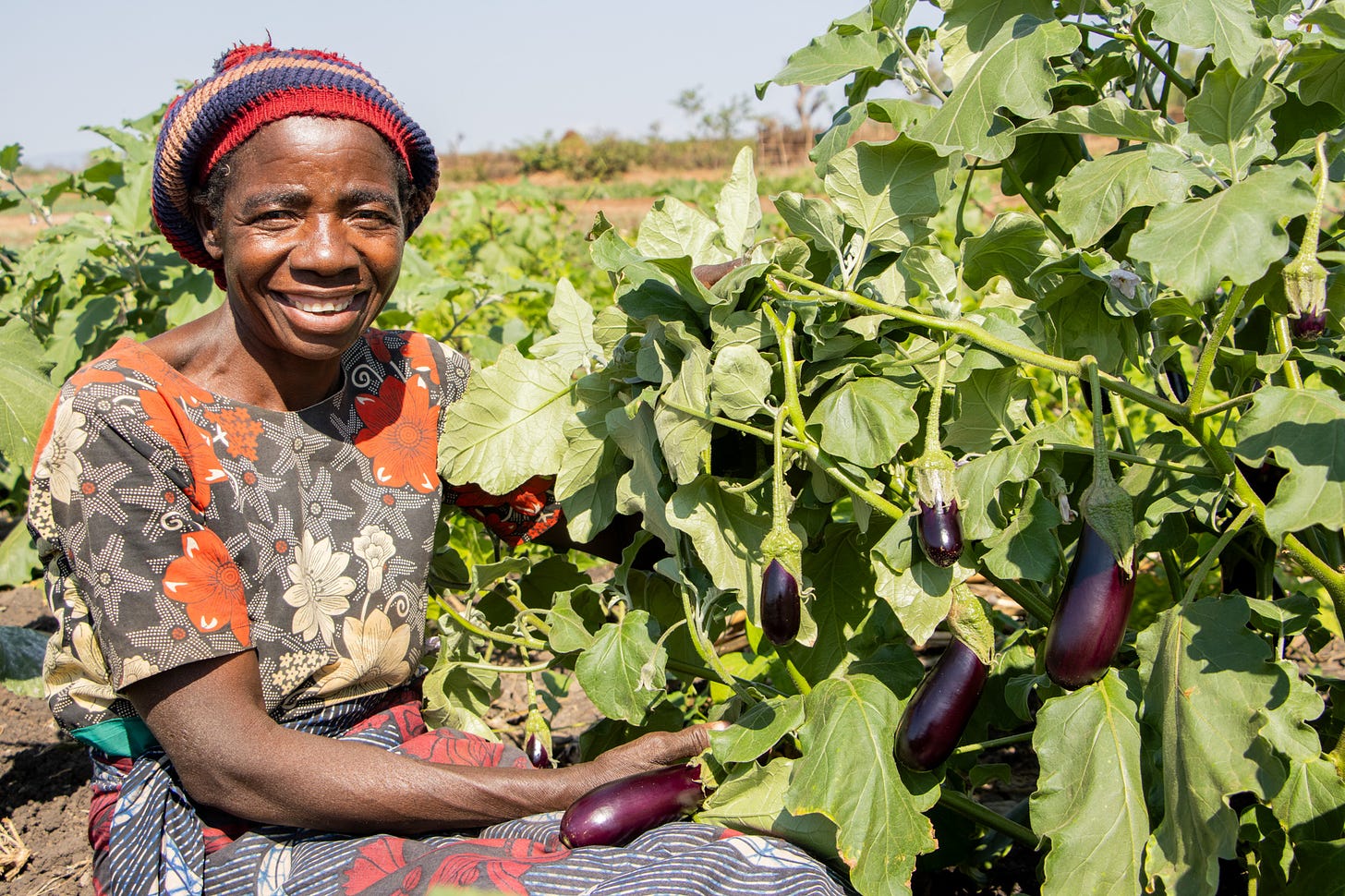Resilience Amidst Perils: Fatima Manyalo's Journey to Renewed Life
The absence of a safe drinking water point added to the hardships, with only open wells on the beaches or water directly drawn from the river or swamps.
In a poignant testimony of fortitude and renewal, Fatima Manyalo, the first woman to abandon the flood-prone Kadyamba Village on the banks of the Shire River, shares her story of reconstruction and newfound hope, writes Francis Botha.
Francis captures the transformative journey of Manyalo, highlighting the challenges faced in her previous residence and the promising prospects that unfolded after her relocation.
Living in Kadyamba was synonymous with untold suffering, grief, and losses for Manyalo, especially among under-five children who succumbed to malaria or waterborne diseases like cholera.
The absence of a safe drinking water point added to the hardships, with only open wells on the beaches or water directly drawn from the river or swamps.
Manyalo, a widow, reflects on her past, recounting how her insistence on living in a dangerous ancestral land led to her divorce.
Her late husband parted ways, seeking solace in the mountains of Thyolo, only to meet his demise there.
Born on October 12, 1962, Manyalo spent most of her life navigating the challenges of the malaria, crocodile-infested, and cholera-prone Kadyamba.
The turning point came during the 2019 floods, prompting Manyalo to escape in a dug canoe to Melo Village upland.
Chief Melo generously provided her with a piece of land, named Kadyamba after her ancestral village, setting the stage for a remarkable transformation.
In 2022, the NCA/DCA installed a solar-powered irrigation scheme in Manyalo's new village. Taking charge of her destiny, she acquired a plot, planting high-value horticultural crops.
The scheme, a game-changer in Manyalo's life, allowed her to harvest and earn K150,000 from her second harvest.
No longer burdened and shabbily dressed, Manyalo is now molding bricks for a new house. Among the 150 farmers in the 6.8-hectare solar-powered irrigation scheme, 55 are women, mostly single mothers who have become scheme owners.
Challenges persist, with the lack of inputs like proper seeds and pesticides being a major concern.
The goat pass-on scheme accompanying the project supported Manyalo with five goats, providing valuable manure.
Dyson David, a Monitoring and Evaluation committee member, acknowledges the scheme's functionality but expresses the need for an additional pump to benefit newly relocated households.
Onions, thriving with manure and resistant to pests, dominate the scheme's crops. An onion bed of 1.2 x 3 meters sells at K5000 to vendors directly purchasing at the scheme.
Collaborating with a government field assistant for extension services, Manyalo envisions more households joining the irrigation scheme.
Antony Nyson, the scheme's chairperson, reveals plans to open a bank account for sustainability and repairs. Members contribute K1000 each, with a communal plot planted to sustain the pumps.
Kadyamba Village, once plagued by floods, now harbors hope and renewed life, thanks to the Evangelical Association of Malawi's climate-smart economic empowerment project.
In the aftermath of perennial flooding catastrophes, Kadyamba stands tall as a testament to resilience and community-driven change, home to 402 households under the care of the Evangelical Association of Malawi through NCA/DCA Malawi Joint Country Programme.



